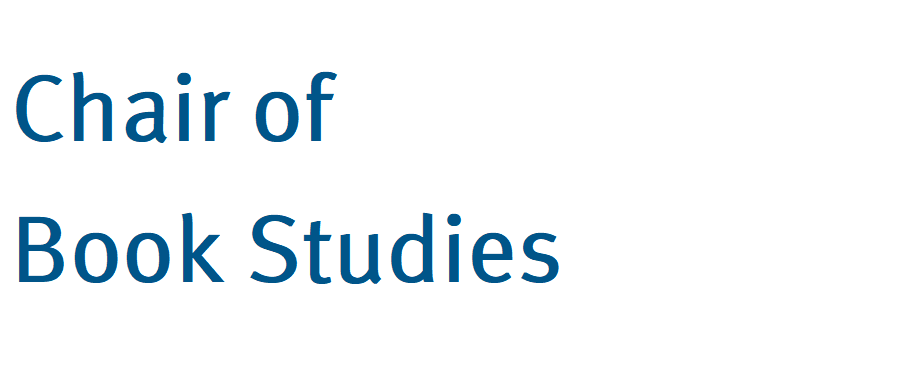

Dr. Melinda Harvey (Monash University, Australia) and Prof. Dr. Corinna Norrick-Rühl lead this collaborative project, funded by the Deutscher Akademischer Austauschdienst (DAAD) as part of their Programme for Project-Related Personal Exchange (PPP). The project brings together scholars with expertise in book history, publishing studies, and literary studies to tackle the problem of gender imbalance in the Australian and German book industries. It focuses on two of the crucial areas of contemporary book culture whose evaluative function has a direct impact on authors’ literary success: curation and consecration.
It is well established in both countries that women writers and translators do not receive the same levels of attention and acclaim that male writers and translators receive and benefit from. This is despite a preponderance of women readers and high levels of female participation in the publishing industry in both countries. The central hypothesis informing this project is that scrutiny of the nature and extent of gendered curation and consecration practices can lead to positive change.
A key innovation of this project is to study gender imbalance across the two main modes of curatorial and consecratory practices, which we describe as (1) disembodied gatekeeping and (2) embodied participation. The term ‘disembodied gatekeeping’ calls attention to the principle of ‘disinterestedness’ – or in Matthew Arnold’s words, ‘an aloofness from practice’ – that plays an explicit role in the evaluation of authors (e.g. prize judging panels). By contrast, ‘embodied participation’ can be observed in certain literary processes where readers are encouraged to seek an emotional connection to authors (e.g. literary festivals).
We hypothesise that there is a traceable relationship between gender and these two modes of disembodied gatekeeping and embodied participation, and this will offer the theoretical frame for our analysis. The marked differences between these two modes of attention will allow us to test the consistency of gender privilege for authors across distinct practices of literary evaluation. Case studies on specific literary genres (e.g. Young Adult fiction) as well as specific curatorial and consecratory processes (e.g. book reviews) are interwoven into the study to ensure the usefulness of the findings to academic scholarship and industry stakeholders.
The project team consists of: Ellen Barth, Dr. Evi Heinz, Dr. Caroline Koegler and Dr. Corinna Norrick-Rühl (University of Münster) and Rebecca Harkins-Cross, Dr. Melinda Harvey and Dr. Michelle Smith (Monash University)
Due to travel restrictions resulting from the COVID-19 pandemic, part of the research agenda of this project was placed on hold. However, the team worked together remotely through 2021 and 2022 and was able to come together for a series of events in Münster and Berlin in November 2022 and November/December 2023. Among other events in November 2022, we hosted a hybrid workshop on Gender Imbalance in the Book Industry: Transnational Perspectives & Knowledge Exchange (November 24, 2022). In December 2023, Dr. Caroline Koegler, now at FU Berlin, hosted the research group for a symposium on Gender and/as Literary Currency in the Anglophone Book Market (link to event).
The project ended in December 2023.


